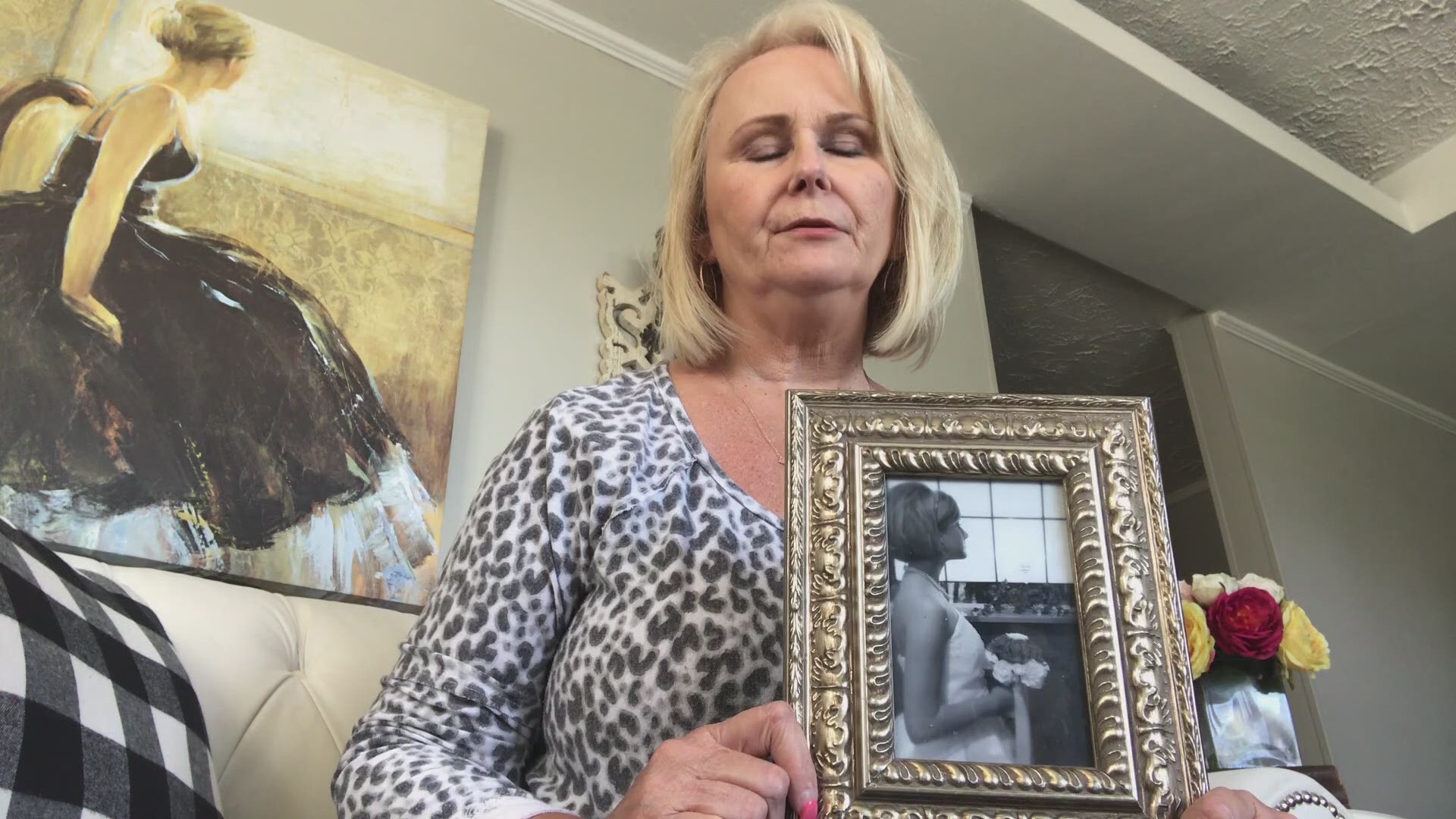TENNESSEE, USA — National Crime Victims’ Rights Week is between April 19 - 25, and landmarks across the state have been glowing purple in honor of the week for the last couple of days. Behind the movement is Marsy's Law, which is sweeping the nation and could become a reality right here in Tennessee.
"Marsy's Law is a movement for some states to create a law and for others to strengthen the law," victims advocate Marianne Purcell Dunavant said.
She said the goal is to make sure victims get the protections and more information about their case, which they may need in regards to their loved ones who've been killed.
“By turning the state purple, we’re sending a message to remember the thousands of people who become victims every year, through no fault of their own,” said Bonnie Brezina, State Director of Marsy’s Law for Tennessee. “To ensure our victims have enforceable, equal constitutional protection, it is essential that we pass Marsy’s Law for Tennessee this year.”
State Senator John Stevens of Huntingdon and State Representative Patsy Hazlewood of Signal Mountain are sponsoring the bill, with Lt. Governor Randy McNally and Speaker Cameron Sexton as prime co-sponsors.
Many families are advocating for the amendment across Tennessee, including Tina Gregg. Her daughter was shot, killed and left on the side of the road in Roane County in 2011. She said that she eventually learned the man charged with her daughter's murder left the state and she was never notified.
"To me, that was uncalled for I should have been told first," she said.
In 2016 a jury found Smoot guilty of first-degree murder in the October 2011 death of Brooke Morris. It took jurors less than an hour to decide.


Dunavant knows Gregg's pain all too well. She's an advocate with a story of her own — her fiancé was shot and killed in 2007.
"You never understand the pain unless it happens to you," she said.
It is a pain both women know, and both want change.
"I am Brooke's voice; I am all she has left to speak for her," Gregg said.
Together, they are hoping to make that change possible.
"If something happens to your family, you would want to know others were speaking for you as well," Dunavant said.
If the bill passes two legislative sessions and is signed by the governor, it could be on the ballot in 2022.

